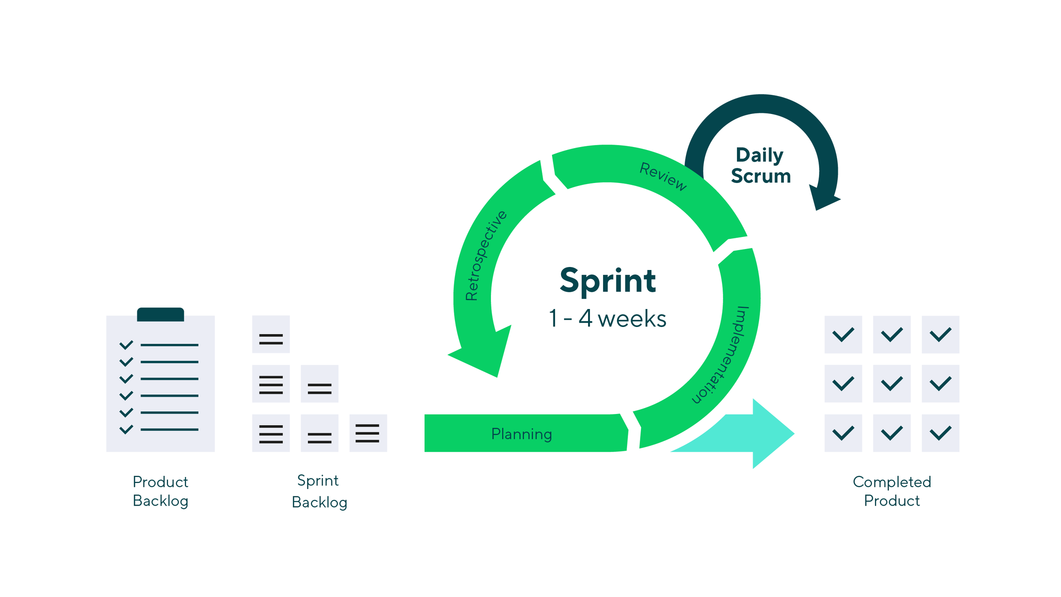1 min to read
What is Platform Engineering?
Why is so important to use?

Platform Engineering
Platform engineering is a specialized field within software engineering and IT operations (DevOps) that focuses on designing, building, and maintaining foundational technology platforms and infrastructure for running applications and services. Platform engineers are responsible for ensuring the stability, scalability, and reliability of an organization’s IT infrastructure. Here are key aspects of platform engineering:
-
Infrastructure Management: Platform engineers manage and provision hardware and software infrastructure, using tools like Terraform and Ansible to automate server and network setup.
-
Containerization and Orchestration: They work with Docker containers and Kubernetes to create portable and scalable application environments.
-
Automation: Platform engineers automate routine tasks, reducing manual intervention through scripts and workflows.
-
Scalability: They design systems for horizontal and vertical scaling, using load balancing and auto-scaling strategies.
-
High Availability (HA): Engineers ensure high availability with redundancy and failover mechanisms to minimize downtime.
-
Security and Compliance: They implement security measures, including access controls and encryption, to protect data and infrastructure.
-
Monitoring and Observability: Platform engineers use tools like Prometheus and Grafana for monitoring and troubleshooting.
-
DevOps Practices: They follow DevOps principles, using version control and CI/CD pipelines for automation.
-
Cloud Computing: Many work with cloud providers like AWS and Azure, leveraging cloud-native services.
-
Documentation and Knowledge Sharing: They document configurations and best practices to facilitate knowledge sharing.
Platform engineers play a vital role in ensuring the reliability and efficiency of an organization’s IT infrastructure, enabling developers to focus on building and deploying applications on a robust foundation.

Comments